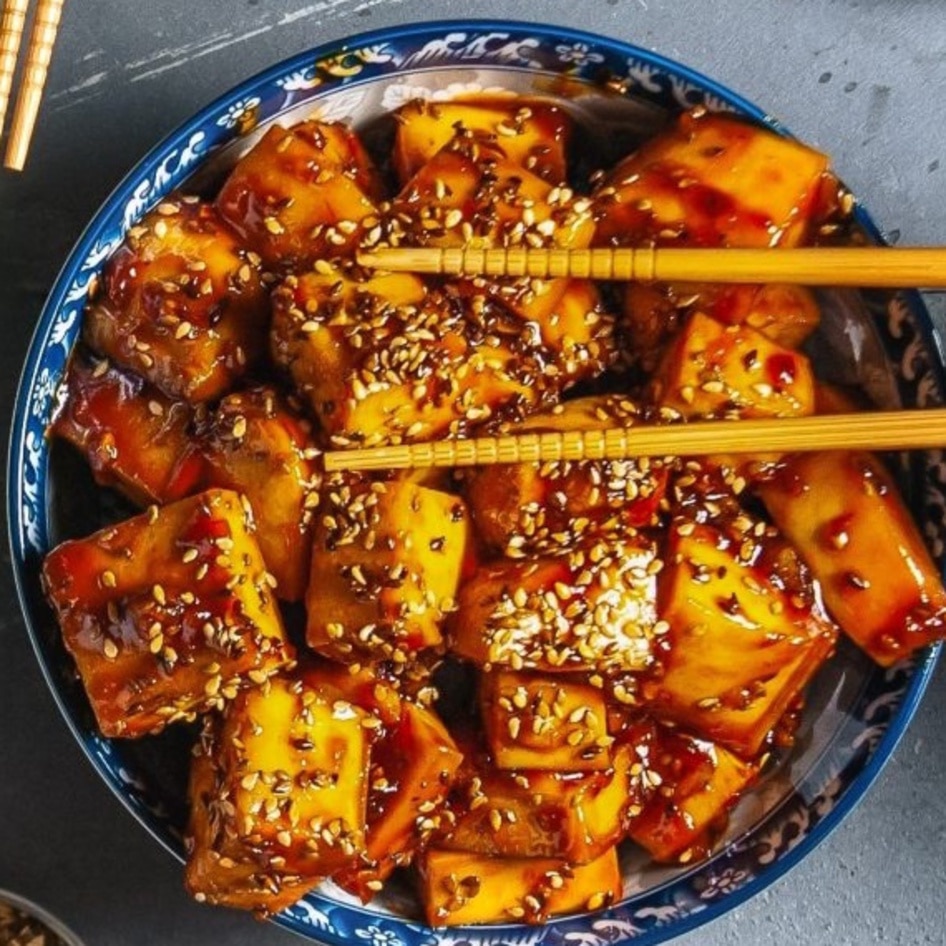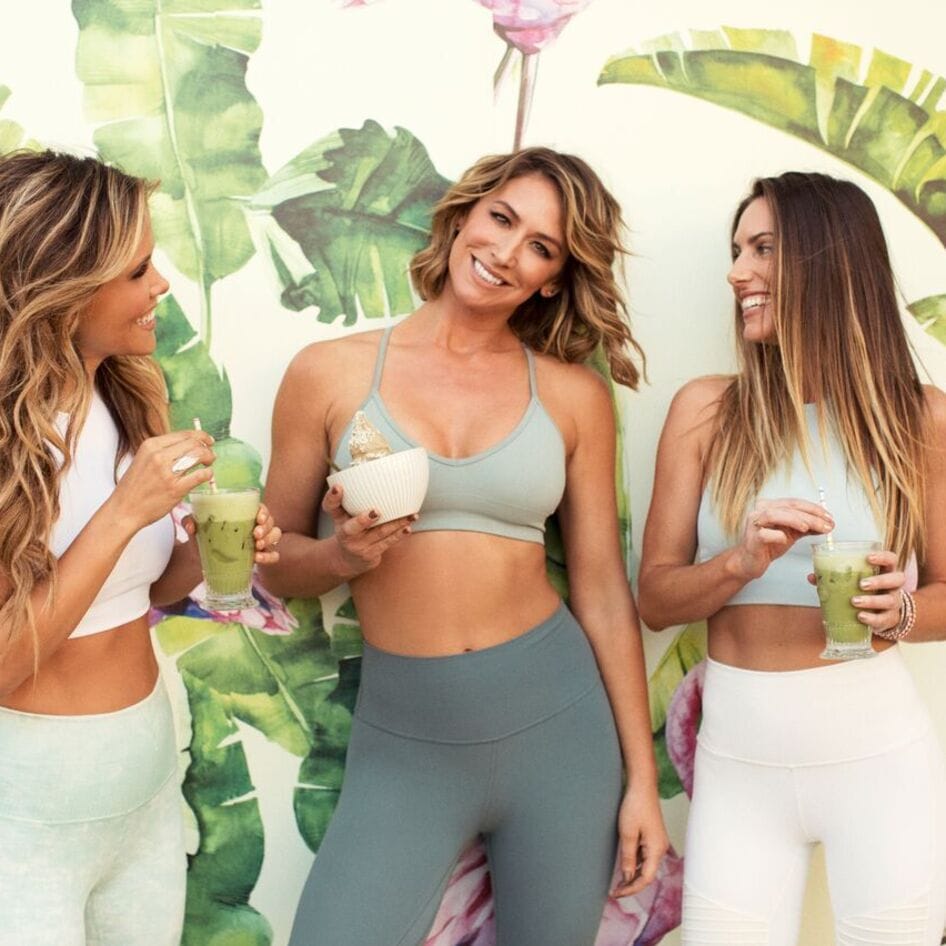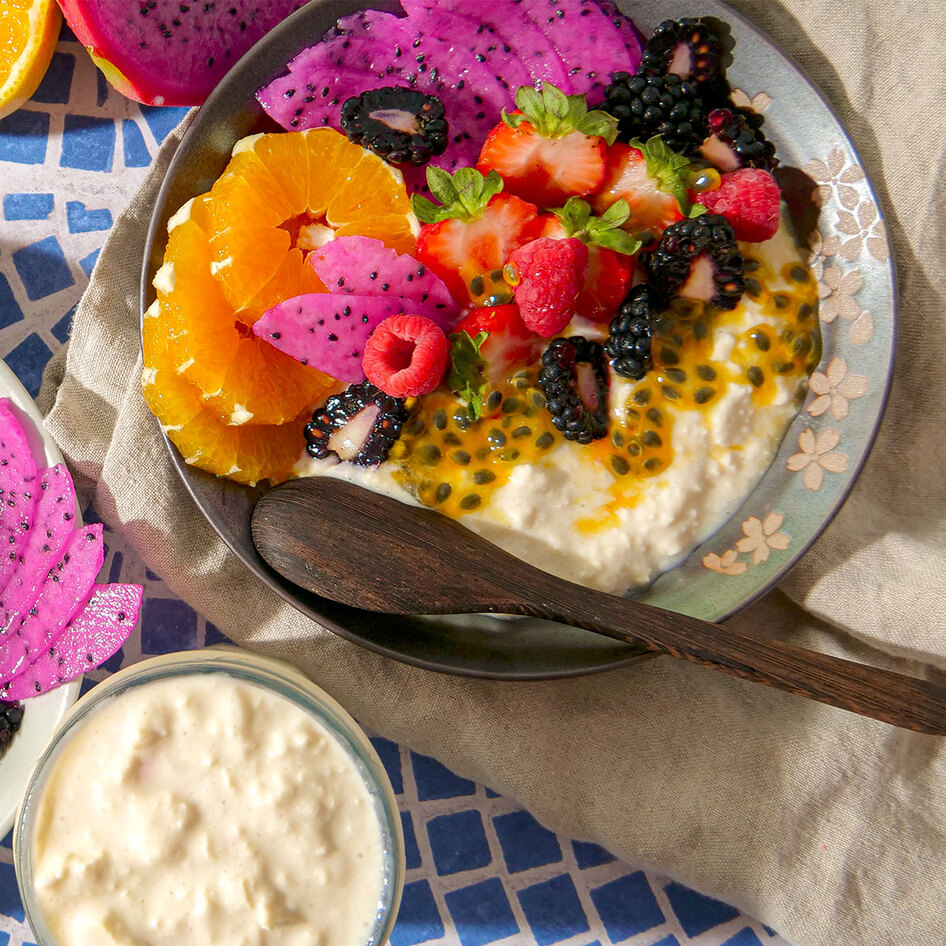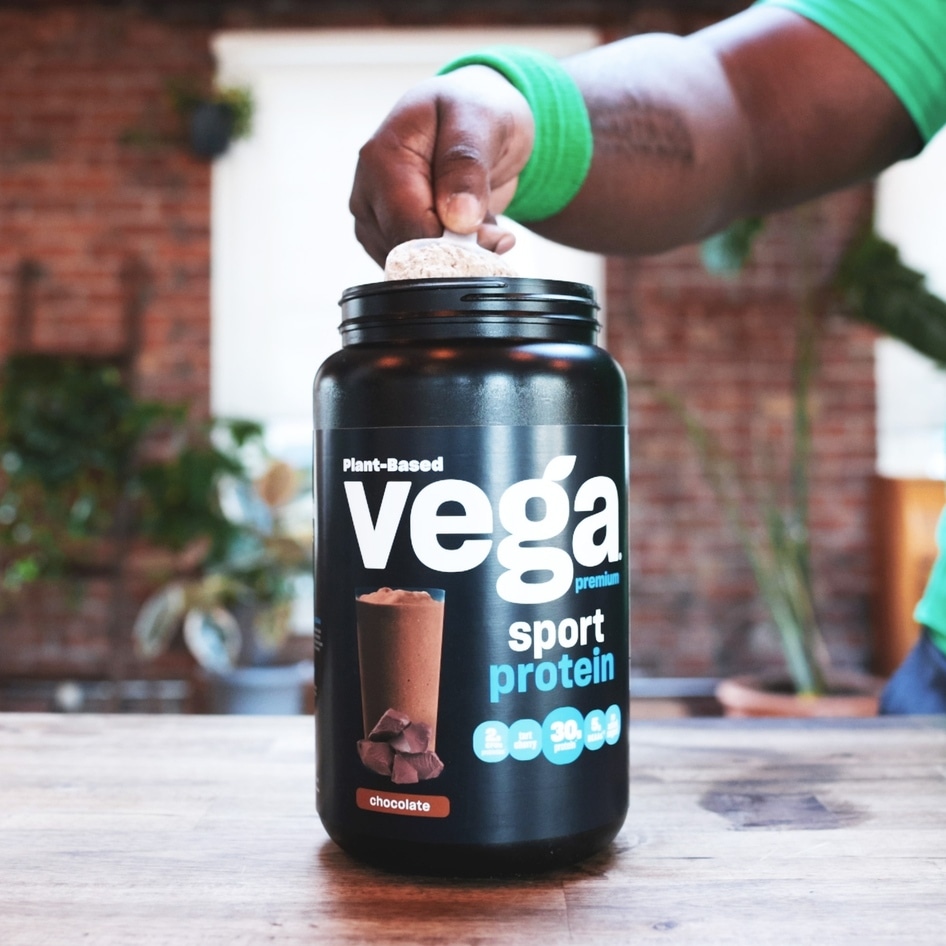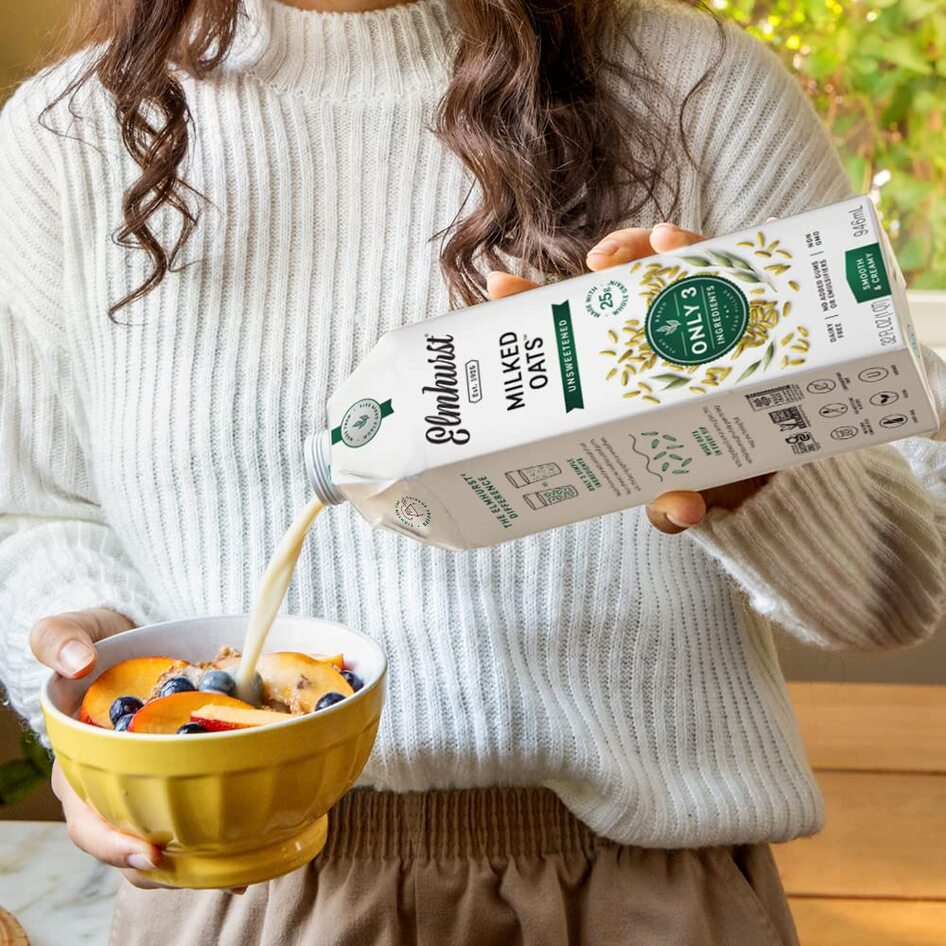9 Sources of Vegan Protein to Get You Ripped
Soy, quinoa, almonds, and hemp seeds are just a few plant-based foods that lead to muscle growth and cell repair.
January 28, 2016
As many athletes know, protein serves as a key nutrient in building muscle and strength. Protein fuels our workouts, aids our recovery, and supports long-term brain functioning. But contrary to popular belief, protein is found in much more than just meat. Some of the healthiest forms of protein come from plants and are incredibly efficient at synthesizing amino acids and promoting cell growth and repair.
When comparing the protein content of meat and plants, one thing to consider is how much protein a food contains compared to the number of calories and weight it has. For instance, although they contain a lot of protein, chicken and other animal-based proteins are high in calories. Vegan food doesn’t typically contain as many grams of protein, but pound-for-pound, they’re a much more efficient source of it. For example, per calorie, broccoli has more protein than beef and contains approximately 4.5 grams per 30 calories, which is why it’s easier for vegan and vegetarian bodybuilders to build leaner-looking physiques without experiencing the drastic weight swings similar to their meat-eating counterparts.
With plant-based proteins, it’s important to distinguish between incomplete and complete proteins. Something we have learned in recent years is that our bodies are capable of using all sources of amino acids to form complete proteins. In other words, eat a good variety of plant-based, whole foods that are protein-rich, and you’ll be equipped to build serious muscle.
By incorporating these nine vegan protein sources into your daily meals, you’ll see how satisfying they are and how they lead to powerful results at the gym.
1. Soy
Soybeans are approximately 40 percent protein, and the Protein Digestibility Corrected Amino Acid Score (a measure of protein quality) for soybeans is just below 1.0, making them the equivalent to cow’s milk, beef, and egg proteins. While beans are often low in the amino acid methionine, soy is a complete protein. Tempeh is loaded with 16 grams per serving, while tofu comes in at seven grams.
Protein per serving: 68 grams
2. Lentils
Lentils are great for athletes looking to boost their protein intake quickly and efficiently. Use them in vegan burger recipes and veggie wraps for delicious, protein-laden meals.
Protein per serving: 12 grams
3. Black beans
Versatility makes black beans an all-time favorite vegan protein source. Delicious in vegan chili and stir-fry recipes, they’re just as nutritious straight out of the can.
Protein per serving: 15 grams
4. Ezekiel bread with peanut butter
Peanut butter sandwiches happen to be protein-rich with a sizable amount of essential amino acids and plenty of healthy fats, while Ezekiel bread has wheat, barley, beans, lentils, millet, sprouted grains, and spelt. These combined ingredients contain all the essential amino acids, and they are also high in fiber and vitamins.
Protein per serving: 8 grams
5. Seitan
If you’re not gluten intolerant, seitan is an ideal protein source. Made by mixing gluten (the protein in wheat) with herbs and spices, hydrating it with water or stock, and simmering it in broth, seitan isn’t a complete protein on its own—it needs to be cooked in a soy sauce-rich broth to add gluten’s missing amino acid (lysine).
Protein per serving: 21 grams
6. Quinoa
Quinoa looks much like couscous but is more nutritious. Full of fiber, iron, magnesium, and manganese, quinoa is a terrific substitute for rice because it’s easy to cook ahead of time for meal prep. And it tastes great!
Protein per serving: 8 grams
7. Hemp seeds
Hemp is a complete protein and rich in all essential amino acids. High in fiber and a rare vegan source of omega-3s, most of hemp’s calories come from beneficial proteins and omega-3 fatty acids. Hemp also boosts energy (thanks to the high amounts of magnesium it contains) and has significant amounts of all nine essential amino acids, as well as plenty of magnesium, zinc, iron, and calcium. In addition to seeds, hemp also comes in the form of powder (which mixes wonderfully into smoothies) and oil, can be used as a butter substitute, and makes a delicious salad dressing.
Protein per serving: 11 grams
8. Chia seeds
Chia seeds are the highest plant source of omega-3 fatty acids, and they contain more fiber than flax seeds or nuts. Chia is also full of iron, calcium, zinc, and antioxidants, but the best thing about these little seeds is that they form a gooey gel when combined with milk or water. You can commonly find seeds in the form of ground or milled chia, white chia, and pre-hydrated chia.
Protein per serving: 4 grams
9. Almonds
Almonds are an ideal plant-based food that fuel workouts and reverse sodium and calcium deficiencies in the body. Featuring the types of healthy fats that sustain energy during a gym session or competition, almonds are packed with calcium and are a great source of vitamins.
Protein per serving: 6 grams
Chris Willitts is the founder of VegetarianBodybuilding.com and a contributing writer for Muscle & Fitness, Vegan Health and Fitness Magazine, and Natural Muscle Magazine.
JUMP TO ... Latest News | Recipes | Guides | Health | Subscribe

